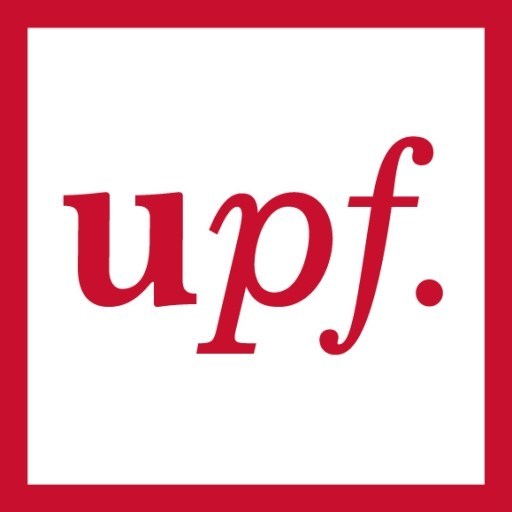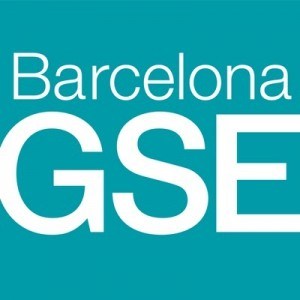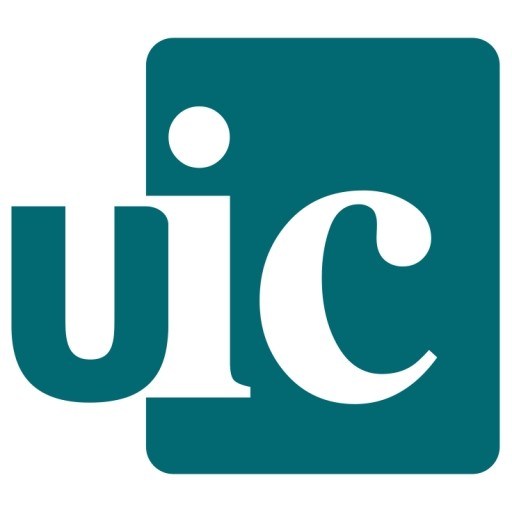Photos of university
Degree Programme in Theoretical and Applied Linguistics at Pompeu Fabra University is a comprehensive and interdisciplinary program designed to provide students with an in-depth understanding of the fundamental principles and practical applications of language. This program aims to explore the nature of language from various perspectives, including its structure, usage, acquisition, and evolution, while also fostering analytical and research skills necessary for advanced studies or professional careers in linguistics, language technology, and related fields. Throughout the course, students will examine linguistic theories, computational models, and empirical research methods, gaining insights into syntax, semantics, phonetics, phonology, morphology, pragmatics, and discourse analysis. The curriculum combines theoretical foundations with applied approaches, encouraging students to analyze real-world language phenomena, develop language processing tools, and participate in innovative research projects. Emphasizing a multilingual and multicultural environment, the program also offers specializations in areas such as cognitive linguistics, sociolinguistics, psycholinguistics, computational linguistics, and language education. Students benefit from state-of-the-art laboratories, workshops, and seminars led by renowned researchers and industry experts. The program prepares graduates for careers in academia, research institutions, technology companies, language service providers, publishing, or further postgraduate studies. With a strong emphasis on both theoretical rigor and practical skills, the Degree in Theoretical and Applied Linguistics at Pompeu Fabra University provides an excellent platform for those passionate about the scientific study of language and its diverse applications in a globalized world.
To earn the master's degree, students must successfully complete at least 60 credits. Typically, students take four common advanced training subjects and two methodological subjects. They also choose an area of specialization - formal and descriptive linguistics, language acquisition and learning, or lexicology and terminology - and take two subjects in this specialization. A range of additional optional subjects are also offered.
Students of the master's programme may choose between three different course types: research, academic and professional.
The research course prepares students to enrol on a doctoral programme. Its main feature is a master's degree final project worth 20 credits.
The academic course is intended to help students broaden the knowledge and skills they acquired in their undergraduate studies, and it includes a master's degree final project worth 10 credits. (Students who choose the academic course must thus complete 10 more credits' worth of regular subjects than those who choose the research course.)
The professional course provides training geared towards helping students pursue a career in a language-related field. Students must complete a 19-credit internship and a 6-credit master's degree final project with a practical focus.
The master's programme may be taken full-time (at least 60 credits in one year) or part-time over two years (at least 30 credits per year). In the latter case, students must enrol on the master's degree final project in their second year.
Compulsory courses (I)
1. Common advanced training (compulsory; 20 credits) (Two of these four subjects may be replaced by others from the master's programme, provided the student's transcript shows that the student has already studied and acquired the corresponding content and skills.)
- Morphology and the Lexicon
- Semantics and Pragmatics
- Syntax
- Phonetics and Phonology
2. Methodology (compulsory; 10 or 5 credits)(research and academic emphases = 10 credits: professional emphasis = 5 credits, according to the specifications listed herein)
- Argumentation in Linguistic Analysis (1)
- Experimental and Observational Techniques (2)
- Corpora and Computational Tools (3)
Optional courses (I)
3. Specialization itineraries (optional; 10 credits) (one itinerary is chosen and its 10 credits taken)
- Language Acquisition and Language Learning
- Lexicon and Terminology
- Formal and Descriptive Linguistics
Compulsory courses (II)
4. Master's Degree Final Project and Practicum (compulsory; 10, 20 or 25 credits) (research course = 20 credits; academic course = 10 credits; professional course = 25 credits (6-credit final project + 19-credit internship))
- Master's Final Project Paper
- Practicum
Optional courses (II)
5. Additional optional subjects (optional; 10 credits in the academic course) ([i] subjects from specializations other than the student's own may also be taken as additional optional subjects; [ii] students enrolled on the research and professional courses may take additional subjects provided they enrol on more than 60 credits or obtain a partial exemption for the 20 credits of common advanced training)
- Linguistics Applied to Translation
- Text and Translation
- Discourse Analysis 1
- Discourse Analysis 2
- Computational Linguistics 1
- Computational Linguistics 2
- Topics in Language Processing
- Topics in Perception
- Spanish Pedagogical Grammar
- Classroom Procedures and Skills
Requirements
- Official undergraduate degree/diploma (or a bachelor's degree, a degree in engineering or architecture, diplomas, technical engineering and technical architecture diplomas, or, for foreign qualifications, the equivalent qualification awarded by an accredited higher education institution) and the academic transcript of the accredited official training with the average grade at the university of origin. Degrees in any academic field of study will be accepted.
- Curriculum Vitae in Spanish, English or Catalan.
- A letter of motivation in Spanish, English or Catalan stating the candidate's interest in following the master's programme (400 to 600 words).
- Two letters of recommendation sent directly by referees with a good knowledge of the candidate.
- Identity Card or Passport.
- Proof of English language (level B2). English: official Cambridge certificates (FCE or higher), with results of 6.0 at IELTS or 100 at TOEFL (iBT), will be accepted, among others.
- Proof of level B2 of Catalan (optional)
- Proof of level B2 of Spanish (optional)
- Professional experience in any of the fields related to the master's programme.(optional)
- Research experience.(optional)
- Teaching experience. (optional)
- Additional academic training in areas related to the master's programme.(optional)
Scholarships
- GRAL - General scholarships for students enrolled on post-compulsory studies.
- MATRC - Financial credential for the purposes of processing university enrolments without prior payment of the public prices for the academic services.
- UPF - Tuition fee scholarship for university master's degree students
- Global Education
The Master's Degree in Theoretical and Applied Linguistics at Pompeu Fabra University offers comprehensive training in the core areas of linguistics, including phonetics, phonology, syntax, semantics, pragmatics, and language acquisition. The program is designed to provide students with both a solid theoretical foundation and practical skills applicable to various linguistic fields. Students have the opportunity to explore the scientific study of language structure, language use, and the cognitive processes underlying linguistic phenomena. The curriculum includes coursework in linguistic theory, research methods, and language analysis, preparing graduates for research careers, teaching, or roles in language technology and communication industries. Additionally, the program emphasizes the interdisciplinary nature of linguistics, encouraging students to incorporate insights from psychology, computer science, and anthropology. The university's facilities and faculty expertise support an active research environment, promoting the development of analytical and critical thinking skills. The program often involves seminars, workshops, and research projects that enable students to engage with current debates and innovations in the field. Graduates of this Master's program may pursue doctoral studies or professional careers in academia, language consulting, computational linguistics, speech therapy, or language policy and planning. The program is taught in English, making it accessible for international students. Admission requirements typically include a relevant bachelor's degree and proficiency in English. The program duration is generally one year full-time or two years part-time, providing flexible options for students with different needs. Pompeu Fabra University, recognized for its excellence in language sciences and research, offers a stimulating academic environment for students interested in the scientific and practical aspects of linguistics.





